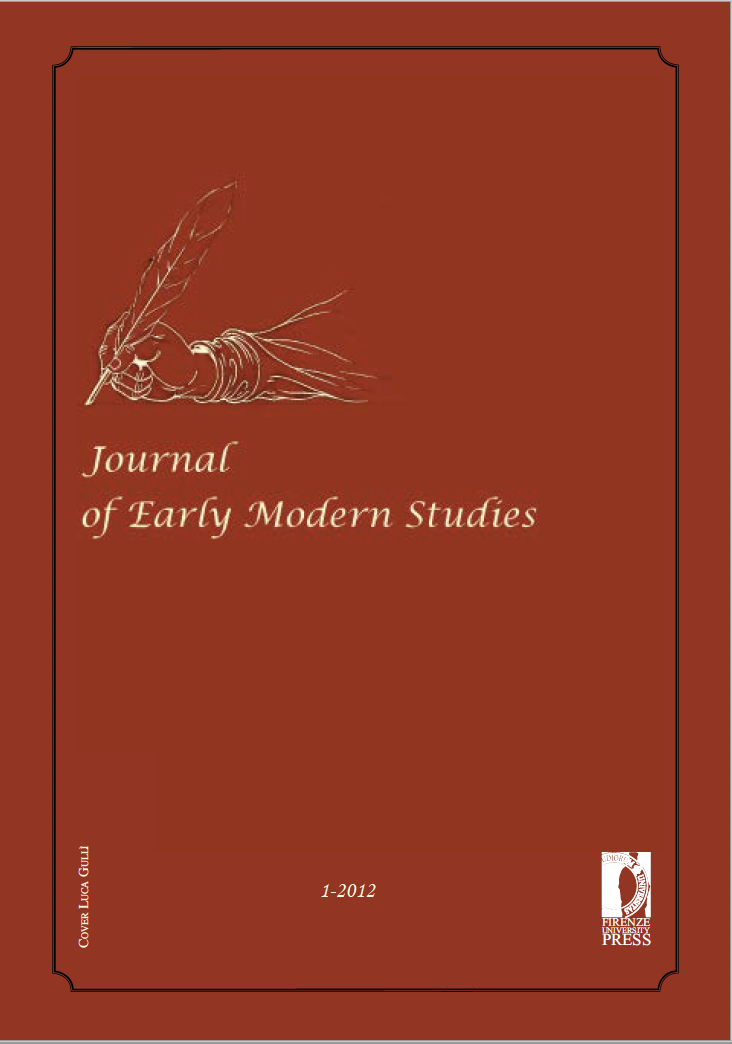Abstract
Already in the fourteenth century, poets such as Dante and Petrarch were unanimously considered Authors, while visual artists still had to strive hard, in the following century, to gain such recognition. While, on the one hand, they reshaped the nature of their work by bestowing a new identity on the objects they produced, on the other, they tried to redefine their relationship with their clients and patrons. If, on paper, Vasari’s monumental Vite codified these new attitudes for the following centuries, in everyday reality they were little appreciated. The products which artists created, furthermore, were of a particular nature, in part material and in part spiritual. This fact implied a paradox, since the spiritual dimension of the art work imposed itself in the very moment in which the work became an extraordinary market object, thanks to the rise of collecting and patronage. The idea that a work of art is priceless arose precisely when they became very expensive commercial objects, acquiring an important function in the economy of the Italian States. Starting from the writings of Benvenuto Cellini and Vasari’s Ragionamenti, this article discusses the tensions generated by the commercial exchange of the inestimabile.


